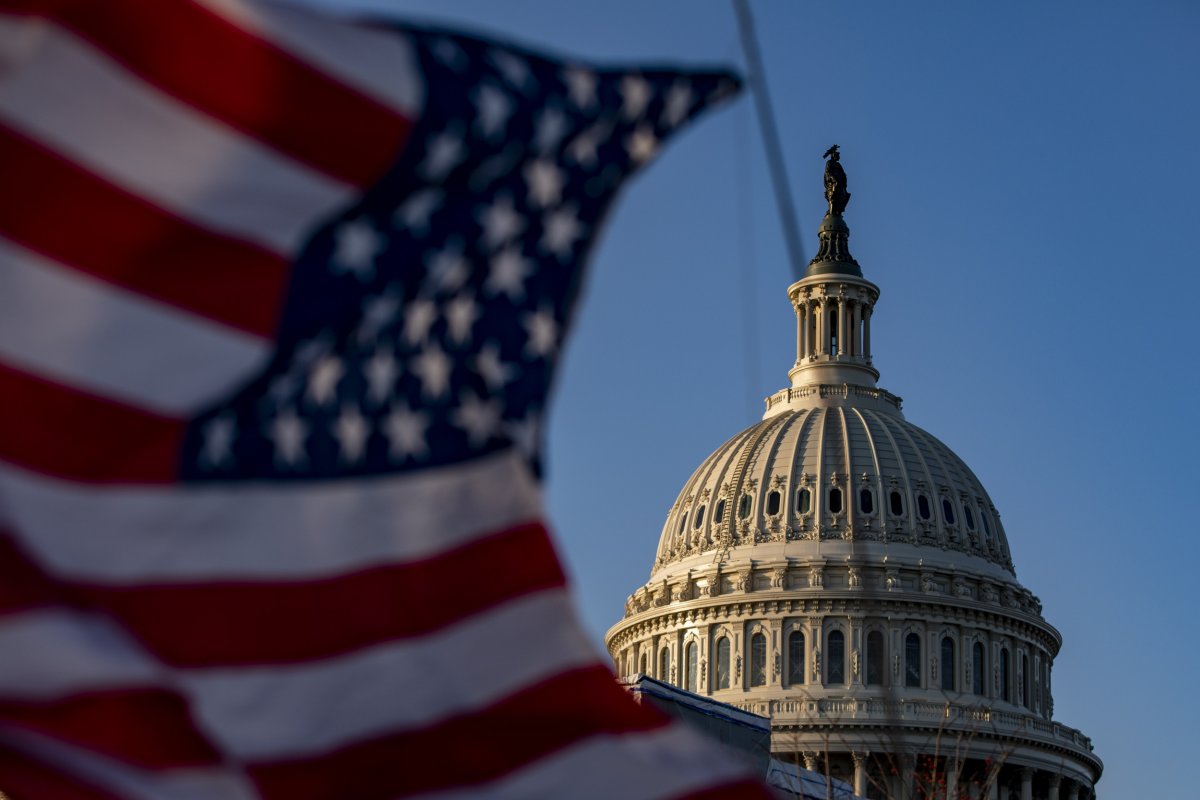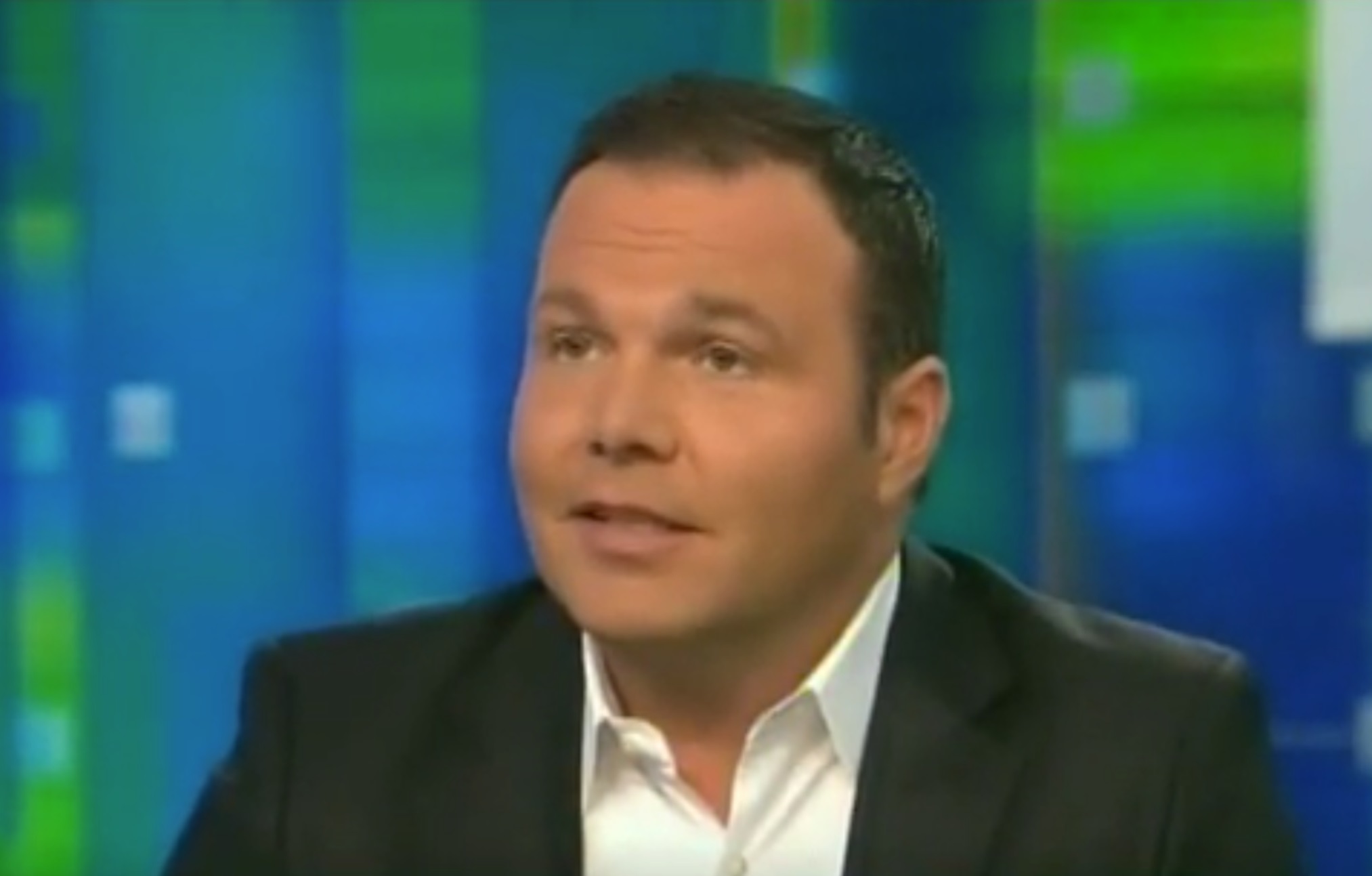As part of a 1.4 trillion dollar spending package the Senate passed Thursday afternoon and which President Donald Trump has said he'll sign, three taxes that were created to fund the Affordable Care Act are set to be repealed.
The outgoing fees include the "Cadillac tax," the health insurance tax and the medical device tax. While lowering taxes has remained one of the few points on which politicians from both parties can (sometimes) agree, removing the funding mechanisms from the Affordable Care Act has raised questions over how to responsibly expand access to health care.
According to an analysis from Congress's Joint Committee on Taxation, getting rid of the levies will cost the government $373.3 billion in lost revenue over the next decade.
"It appears that while we want health care coverage, we do not want to pay for it. The three taxes were created to help pay for the ACA and the Cadillac tax was to control utilization, but we do not seem interested in paying for the ACA," Gerard Anderson, a professor of health policy and managment at Johns Hopkins' Bloomberg School of Public Health, told Newsweek.
The Cadillac Tax
As Newsweek reported in 2017, the so-called "Cadillac tax" would have capped the tax deductions individuals could claim based on their health insurance benefits. It would have imposed a 40 percent excise tax on employer-sponsored plans that exceeded $10,000 in premiums per year for a single person or $27,500 for a family. The Cadillac tax was set to take effect in 2022.
The Cadillac tax had seen its fair share of opposition. Bruce Herring, another professor at the Johns Hopkins Bloomberg School of Public Health, told Newsweek in an email that only health economists liked it and that it was "doomed from the start."
The tax inspired the creation of a group called The Alliance to Fight the 40/Don't Tax My Health Care in 2015. According to its website, members of the "alliance" include such mammoth companies as AT&T and CBS, as well as some health non-profits like the Sickle Cell Disease Association of America, Inc.
In a press release, the Alliance to Fight the 40 formally thanked Congress for repealing the tax. "This historic action shows the commitment from Congress to help keep health care coverage affordable for the 178 million Americans who get their health coverage from their employers," the statement read.
The Health Insurance Tax
Suspended in 2019, the health insurance tax will reappear in 2020 before disappearing for good in 2021. The tax has imposed a yearly fee on insurance companies that provide health policies, including "individual policies, small groups, non self-insured employers, Medicaid managed care, Medicare Part D, and Medicare Advantage," according to Center Forward, a political action committee.
Though paid by insurance companies, the tax was cited as a cause of rising insurance costs for consumers, as providers sought to recoup the expense by hiking premiums. Some groups, like the trade association America's Health Insurance Plan, had called for this tax's repeal because it made health care more difficult to afford "for the very people who need the most help affording health care."
The Medical Device Tax
Finally, the medical device tax was a 2.3 percent excise tax on gross sales of medical devices used by humans (not animals) such as x-ray machines and hospital beds. It was implemented in 2013 but had been suspended since 2015, according to the Tax Foundation.
In his email to Newsweek, Herring said that the implementation of the medical device tax was inspired in part by a misconception about what their impact would be.
"Presumably, the thought there was that the healthcare industry was going to profit from the ACA's insurance expansions through, for example, selling more insurance policies and selling more medical devices," he wrote, "and that those higher profits from increased sales would probably offset these taxes they'd pay to the government."

This article has been updated to reflect an email correspondence between Newsweek and Bruce Herring, a professor of public health at Johns Hopkins University.
Uncommon Knowledge
Newsweek is committed to challenging conventional wisdom and finding connections in the search for common ground.
Newsweek is committed to challenging conventional wisdom and finding connections in the search for common ground.
About the writer
To read how Newsweek uses AI as a newsroom tool, Click here.








